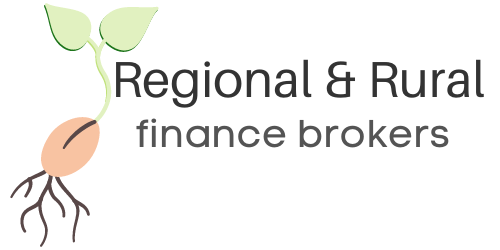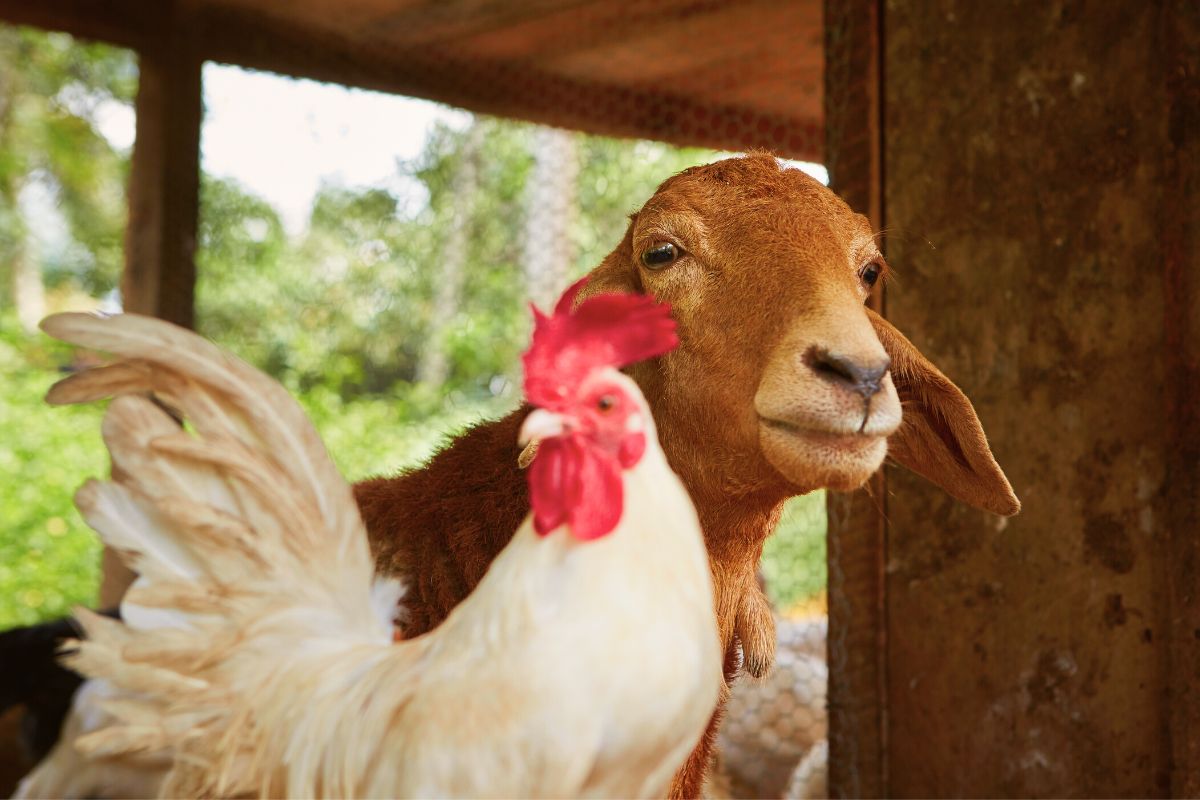Best Animals for Hobby Farm Australia
Growing fruits and vegetables on your hobby farm is just one step in the journey of self-sufficiency. Animals can also play a part if you love your meat or dairy products. However, bringing animals into your hobby farm is a very big decision, so you have to do all your research when picking the best farm animals.
Remember, hobby farms are not cheap on their own, and including animals will bump up this cost, so be absolutely sure before introducing animals.
Let’s go on to find out the best animals for your hobby farm.
Check out our loan for hobby farm options!
A List of Animals to Keep on Your Hobby Farm
All Australian farmers have a different homesteading journey. The animals you choose to have depends on the space you’re working with, the time you give to your farm, and if you have help.
Chickens
Chickens are the best animal for first-time homesteaders, and it is possible to raise them in a small space, like your backyard hobby farm. You would see many people raising chickens in the city, as they are the best hobby farm animals for self-sufficiency. All you need is shelter, protection, and food for them to be happy.
You can use chickens in the following ways:
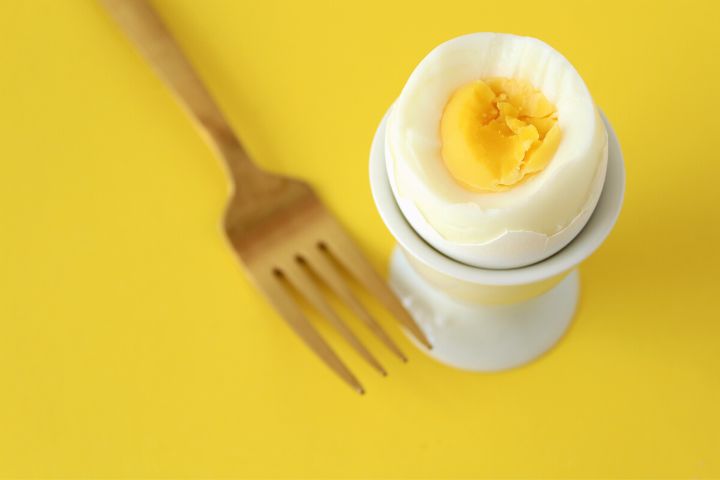
- Eggs for eating, selling, or hatching- What’s better than eating farm-fresh eggs from your own chickens? The Australian egg industry has been facing recent supply issues, making them quite pricey and hard to find. Having your eggs saves you money in the long run. You can also sell the eggs at the local farmers’ market.
- Meat- Home-raised meat is super delicious and eliminates the need to shop for processed chicken at the grocery store.
- Fertilizer- Chicken manure is a great fertilizer for your garden; however, it must be composted before you put it in the garden. It gives your plants a good source of nitrogen, but fresh manure can burn your plants.
- Controls weeds and bugs- Chickens love to be free-range, so they help you control pests in your hobby farm. From ticks to plant-eating bugs, they eat them all! And they act as natural weed killers, foraging and clearing weeds.
Raising chickens with your family can be a real bonding activity and fun for the kids. Before getting chickens, check if your area has any regulations against them. Start with a small flock and build as you get used to caring for them.
Alpacas
Alpacas are quickly gaining popularity as wool livestock animals. Despite their size, they have cute cartoon faces, super fluffy bodies, and a gentle manner, making them quite the animal to keep. Alpacas are also a great fit for your hobby farm, as they fend well in the dry conditions of Australia.
Alpaca wool is as soft as luxurious cashmere while being lighter and is in very high demand by hand spinners. Their wool is also warmer than sheep’s wool. Hand spinners usually like to work with alpaca wool because it does not have lanolin (a natural oil that the wool-bearing animal secretes), so it does not have to be washed many times before getting spun.
Alpacas don’t need much land, so they’re also good for a smaller hobby farm. You would need to have a high fence to keep any predators out. The alpacas would need second-cut hay, which is jam-packed with proteins and nutrients that they need. They can also have oats during winter and a vitamin supplement occasionally. Here’s a nice guide to what you need and what you can expect from alpaca farming.
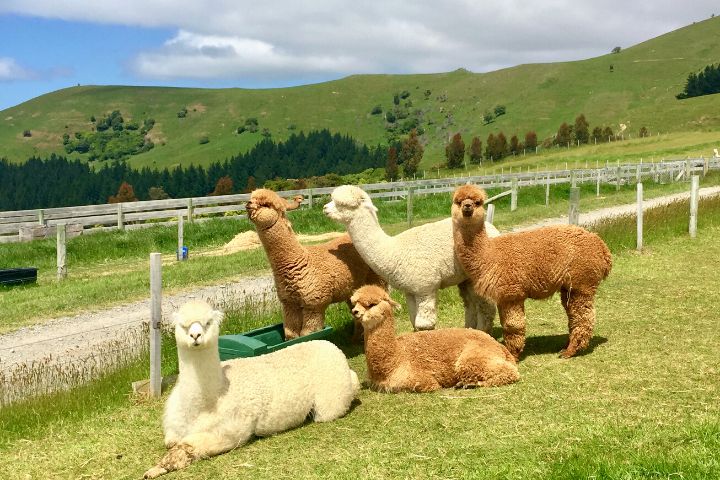
Ensure you don’t have poisonous plants on your land, such as azaleas, buttercups, ragwort, and rhododendron.
Miniature Horses & Ponies
Miniature horses, as well as ponies, are an excellent choice for hobby farmers who love horses but do not have much space or experience with them. Although they act exactly like a horse, like with the kicking and biting, it is on a smaller, safer scale.
Ponies are a great animal to start with if you are also new to horses. While a pony will not do what a bigger horse can do, they are still useful for your small farm.
Let’s look at some ways this cute bugger can contribute to your farm:
- A natural-born lawn mower- A pony loves grazes, so they will work to keep your grass shorter.
- Companion animal- Ponies make for amazing companions and can be taught tricks. You can create small jumps for them using PVC pipe and tree stands. This allows you and your pony to get in some exercise. They even make good therapy animals.
- You can train ponies to drive- They can only carry 30kgs on their backs, which depends on the condition of the pony. You can also drive around your farm in elegance with your little steed pulling a small wagon or letting them help you carry light harvest.
- Fertilizer- A pony can provide good fertilizer from manure. It has a high amount of fibre, although it is less nutrient than chicken manure. You can compost the manure and add it to your plants. Allow it to compost so weed seeds do not grow.
Miniature Cattle
Miniature cattle are well-suited for hobby farmers. Most miniature breeds are quiet in nature, so they are easier to manage than bigger breeds. They also eat limited food, mature quicker, and often have better quality and flavour of meat.
Miniature cattle breed usually stands at 81cm to 121cm at 3 years. This usually means they only need about 2 to 3 acres of grazing land.
Popular miniature cattle breeds include:
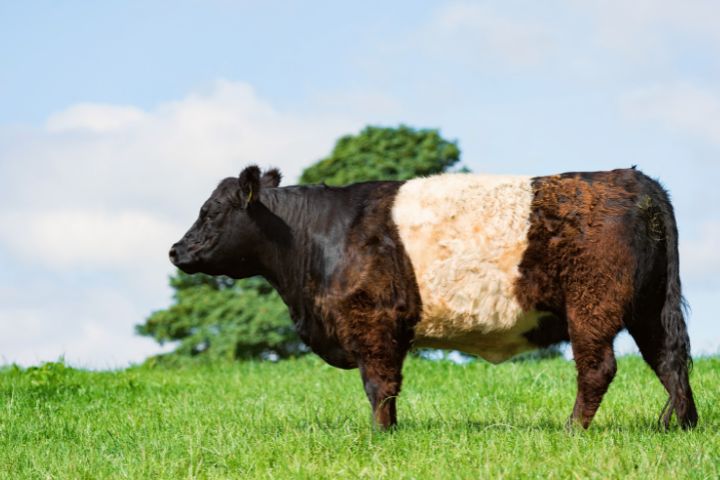
- Belted Galloway- This is one of the oldest cattle breeds in the world. These cows have a neutral temperament and double-layered hair, making it easier to adapt to climate changes and strong nature. These cows are great milk producers and easy to care for on a small farm.
- Dexter- The Dexter is half the size of a traditional Herefords you usually see. They make perfect milk cows because they produce up to 95 litres of milk in a day.
- Lowline- This breed was accidentally discovered when farmers bred the Angus herd in Australia. They are known for their muscular body, hardy nature, and high fertility. They are naturally hornless and are adaptable to many climates.
Honeybees
Honeybees are not usually the preference of many farmers, but they are actually amazing animals to keep and do not need much care.
For raising bees, you need hive boxes and a bird bath (water source), where your bees will drink and rest. Make sure to put rocks in the bird bath, so they have somewhere to stand without drowning.
You can catch bees using sugar water. Remember to wear a bee suit and gloves to avoid getting stung! Alternatively, you can buy bees from bigger farms.
Bees are generally peaceful animals to keep on your homestead. If you keep their hives well away from the normal path, you won’t even realize you have them. Your bees can provide you with fresh honey; from there, you can make honey products such as soaps.
Goats
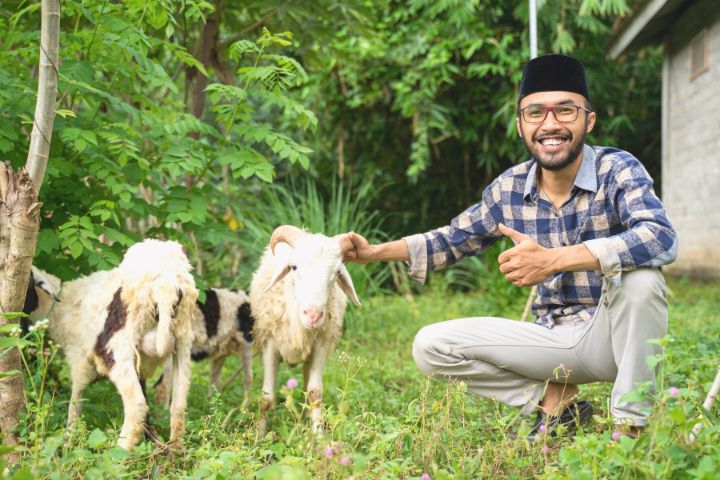
Goats are magnificent animals to keep on your hobby farm. They are good at clearing weeds and brush, good for dairy and a meat source. If you don’t want the responsibility of a cow for dairy, or you don’t have the space for it, goats are the best option.
Goat milk is easier to digest than cow’s milk, so it is perfect for those who cannot drink cow’s milk. A Nigeran Dwarf goat only weighs about 32kgs, so they are good to keep on a small farm. Your goats will snack on shrubbery, wood, veggies, hay, and store-bought feed. You can also leave them to graze. If they are in a small space, make sure to give them shelter to stay dry when it rains.
While goats are good animals to keep, they are very prone to getting sick. If they have stomach problems, it’s literally a matter of life or death. This is why it is important to de-worm them a few times a year. You can either buy store medication or geed them pine trees or pumpkins. You need to be able to spot when they have a stomach bug and sort it out immediately.
Goats are also nifty, smart animals who can easily escape if they want. It would help if you kept them fenced in and happy with food, space, and a friend (or more!).
Frequently Asked Questions
What is the cheapest farm animal to raise?
Chickens are about the cheapest and easiest farm animals to keep. Their feed is cheap, and they are also happy to snack on your scraps. You would have to pay attention to their fencing, though, to ensure that they are protected from predators.
